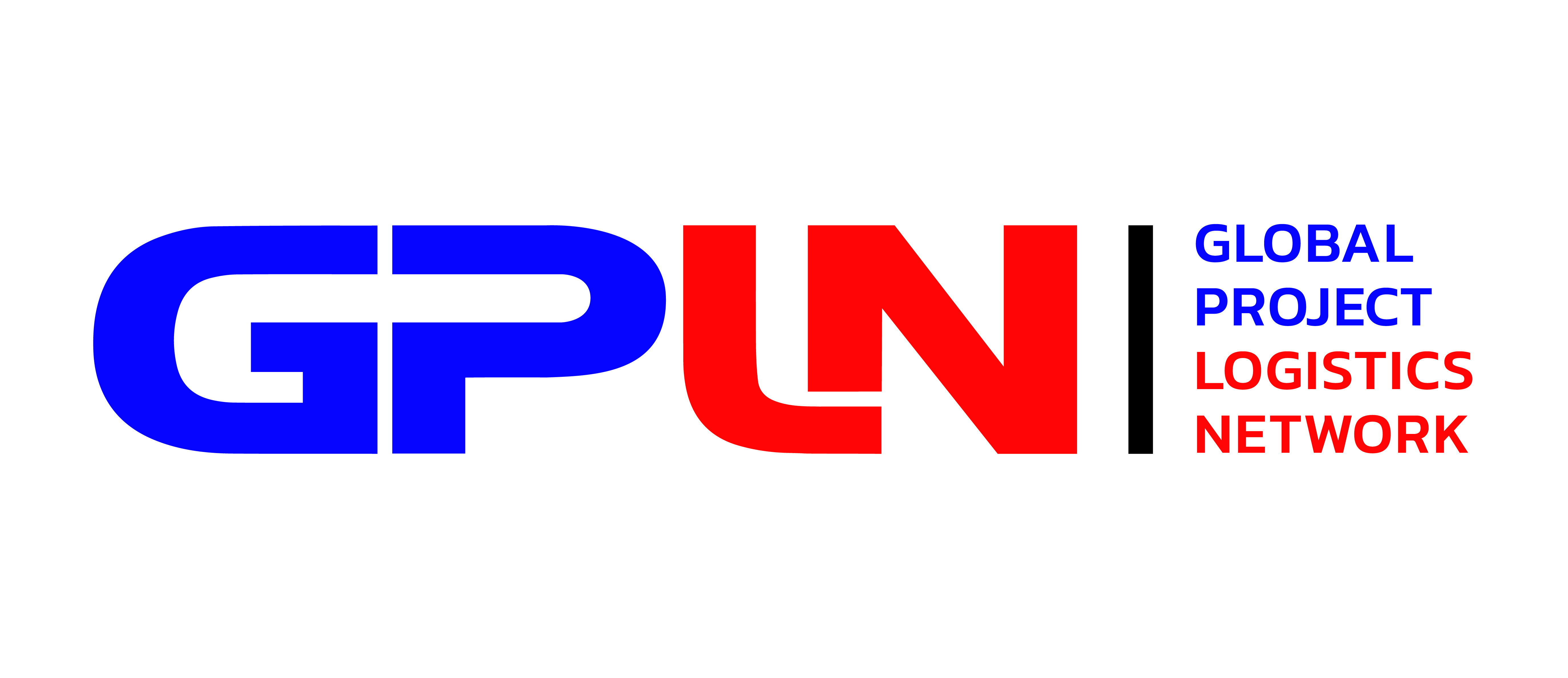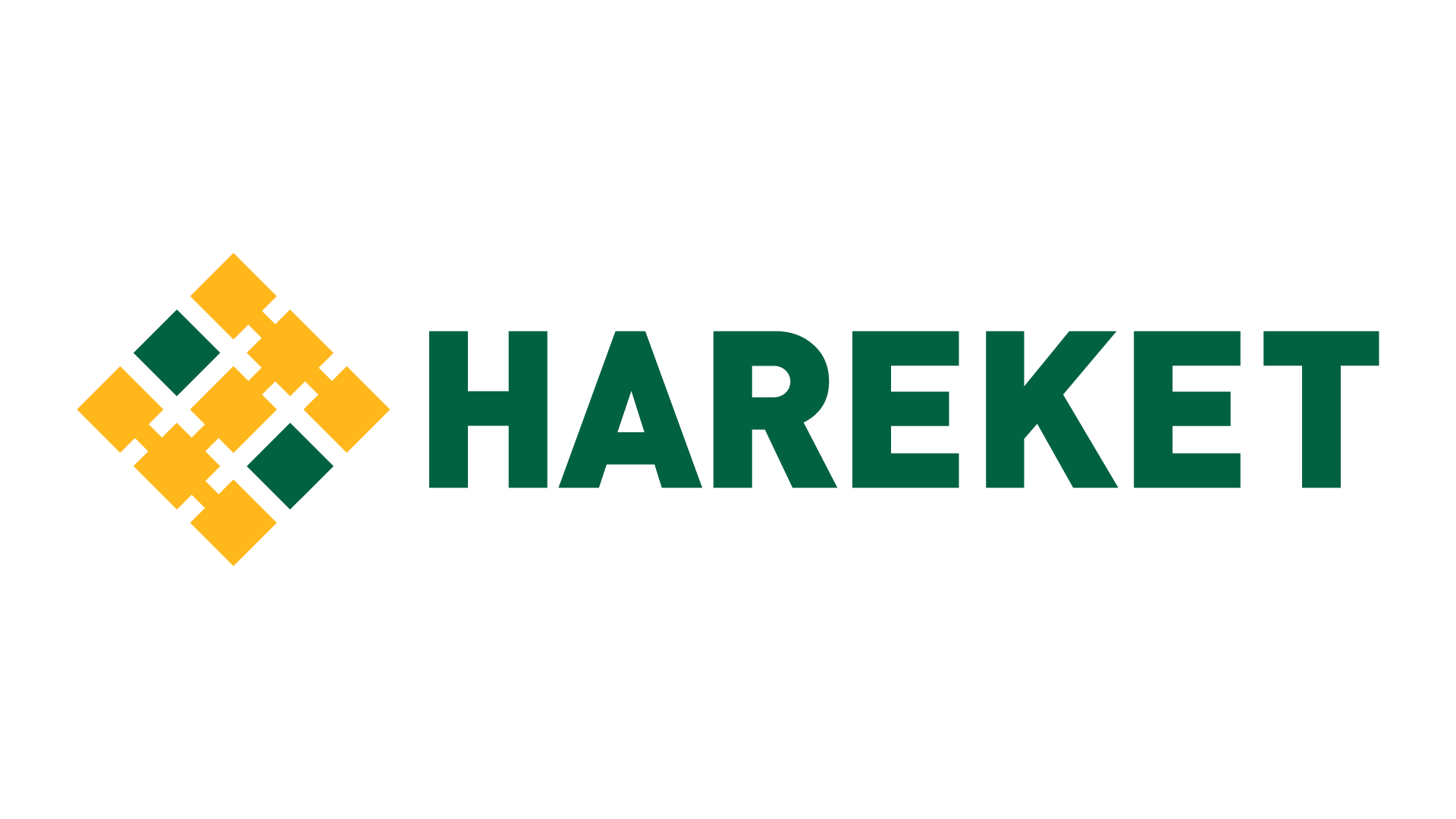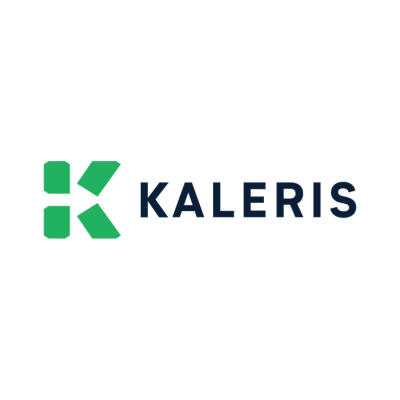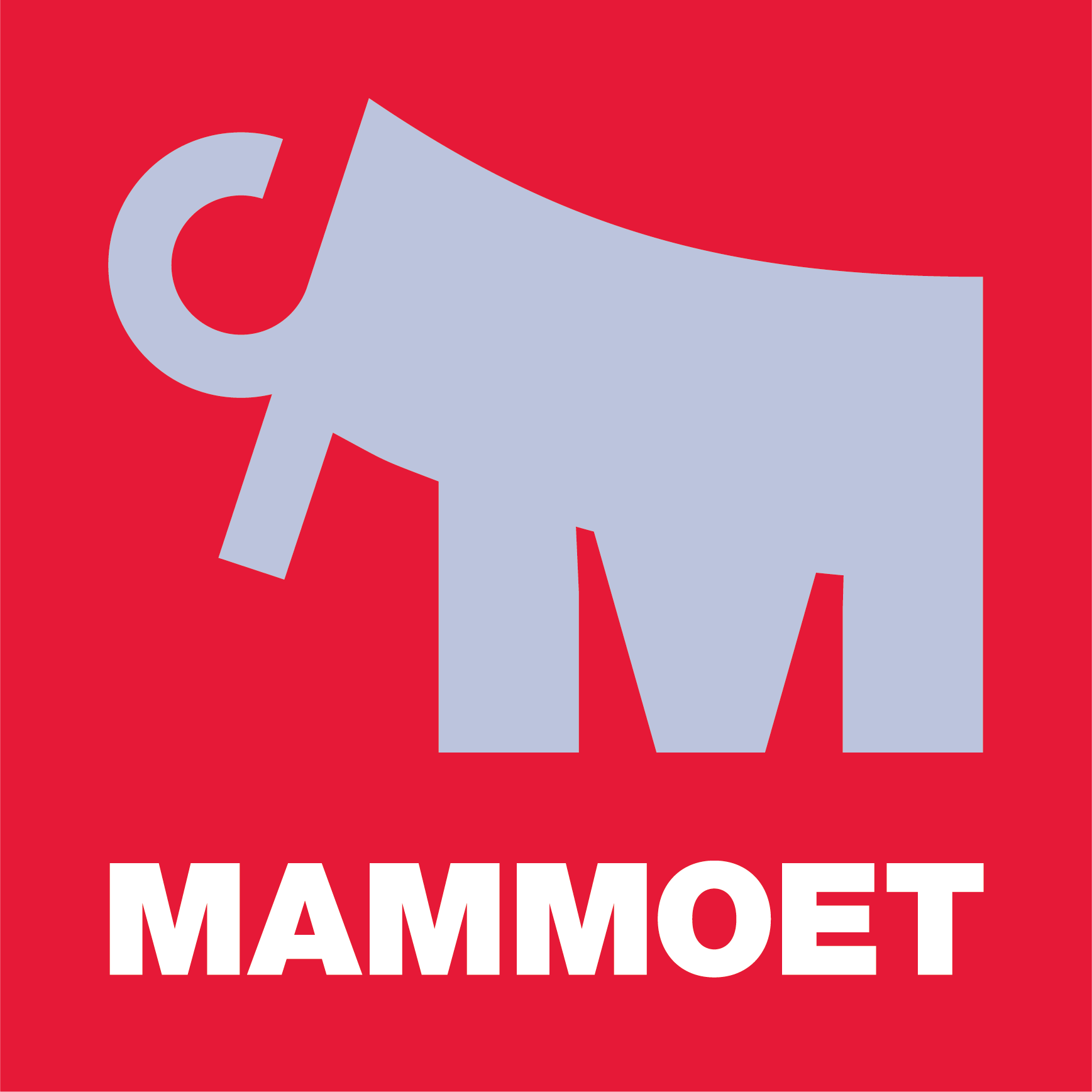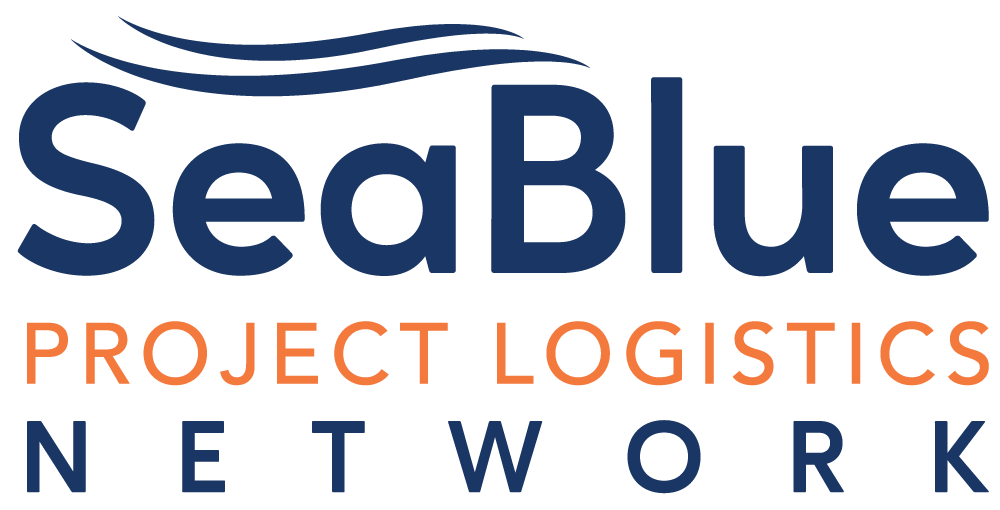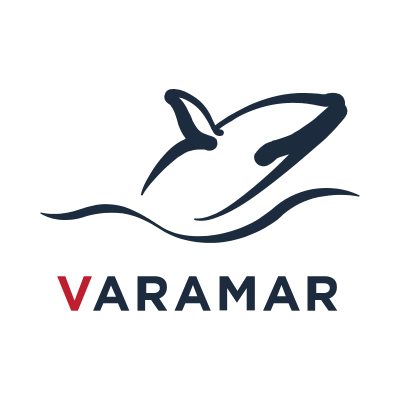Industry Leaders in Rotterdam Discuss New Market Realities
_3.jpg)
By Liesl Venter
Leading multipurpose and heavy-lift shipping companies are investing heavily in fleet renewal amid tightening environmental regulations, shifting trade lanes and growing demand for versatile cargo solutions.
With projects increasingly delayed or localized due to rising tariffs, carriers are prioritizing multipurpose vessels designed for flexibility, efficiency and compliance with new emissions and safety standards, listeners were told during a Breakbulk Europe panel discussion moderated by Cris Partridge, managing director at Myrcator Marine & Cargo Solutions FZE.
Lars Feller, CEO of dship Carriers, kicked off the session by discussing his company’s newbuilding project. “We have ordered four vessels. We wanted to order a few more, but with three F500s arriving this year, four next year, and one the year after, one third of our fleet will be renewed. That’s something you have to think through. So, we ultimately decided to order a few less than we anticipated. Generally, our ships are designed to handle all kinds of cargo.”
He cautioned that multipurpose vessels could become unwieldy if they were too large and without proper base coverage. “We’ve found a good balance. We call at all kinds of places – specialized ports, lakes, small ports in Asia and Japan, for example.”
Ulrich Ulrichs, CEO of BBC Chartering, agreed, noting that while growth is a priority, maintaining market position amid new investments is equally crucial.
“Many ships in the industry are getting older, some beyond twenty years, and aren’t very efficient,” he said. “We need to replace those vessels. Markets have changed, the environment has changed, so we have to consider what cargo is today’s demand and where we’re headed.”
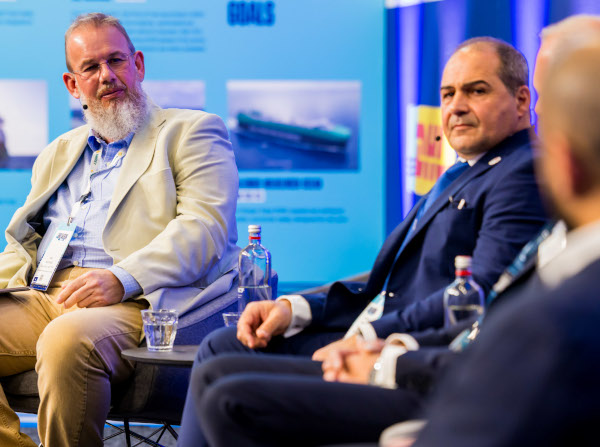_3.jpg?width=500&height=372) Mohaned Alsheqaiq, acting vice president of Bahri Line, told listeners that the Saudi-based shipping company was updating its fleet, emphasizing flexibility as a major priority. “We’re aiming to be flexible when it comes to the market, fleet and compliance. Trade lanes are also shifting, and we need to adapt to that.”
Mohaned Alsheqaiq, acting vice president of Bahri Line, told listeners that the Saudi-based shipping company was updating its fleet, emphasizing flexibility as a major priority. “We’re aiming to be flexible when it comes to the market, fleet and compliance. Trade lanes are also shifting, and we need to adapt to that.”
The panel agreed that flexibility is key. “After the pandemic, rates for MPVs were astronomical, but they have softened a little,” said Kyriacos Panayides, CEO of AAL Shipping.
“This has allowed us to proceed with newbuilds, aligning our fleet strategy with evolving cargo demand. Feedback from customers and technological developments has been vital in shaping our third-generation vessels, ensuring they meet future needs.”
Addressing the ongoing Red Sea issue, panelists agreed it continues to impact business significantly. A voyage from Asia to Europe via the Cape adds around a month of lost time, reducing supply. They agreed that a resolution would likely rebalance the market, forcing carriers to adjust trade lanes and service models accordingly.
Some operators remain cautious, adopting a wait-and-see approach. When major container lines avoided the area, it set a clear industry precedent. It is widely expected that a similar stance would prevail should those lines return to sailing through the Red Sea.
However, the ambiguity surrounding the Red Sea situation frustrates operators. “It should be clearer,” said Feller.
“The route should be either fully closed or open because some carriers are passing through while others cannot. We tested the waters with some of our long-term vessels, but they didn’t like it. It’s a big difference if your competitors can use the Red Sea and you cannot. Previously, the rules were very clear. Now, it’s a grey area, which isn’t good. We would prefer to resume service through the Red Sea, as we are currently missing many opportunities.”
The panel also discussed the operational challenges brought on by evolving regulations.
“For us, it means more personnel, more time, and new software systems – it’s quite hectic,” said Panayides. “At the same time, we must remember these decisions come from politicians who may not fully understand the practical complexities. Still, we must also comply to help create a greener environment. That’s everyone’s goal – working towards a better world.”
Alsheqaiq said it was important for carriers to anticipate rule changes, but when legislation is pushed through quickly, it is the consumer that gets hurt most.
“We are all about the environment, but when we introduce legislation, we need to do it in phases so everyone can adapt. We have vessels in the water already and it takes time to build new vessels and retrofit the whole cycle again,” he said.
Despite these challenges, the panel agreed the shipping sector remains remarkably resilient. It has taken a strong defensive stance, although everyone remains in a wait-and-see mode, anticipating what lies ahead. The industry has proven its stamina.
“Ultimately, we just have to be resilient,” said Ulrichs. “We have to be flexible, stay alert and sharp, and respond quickly. The same applies to the Red Sea situation and the Panama Canal closure last year – all these factors are constantly evolving. We can’t think in terms of one year or a short period. We’re in this for the long run. Tariffs, political unrest, turmoil, and wars – they all impact us.”
TOP PHOTO (L-R): Cris Partridge, Kyriacos Panayides, Ulrich Ulrichs, Lars Feller, Mohaned Alsheqaiq. CREDIT: Richard Theemling
SECOND: Cris Partridge, Kyriacos Panayides. CREDIT: Richard Theemling



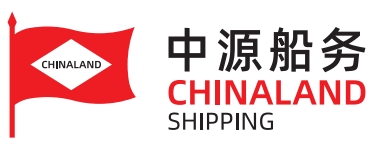
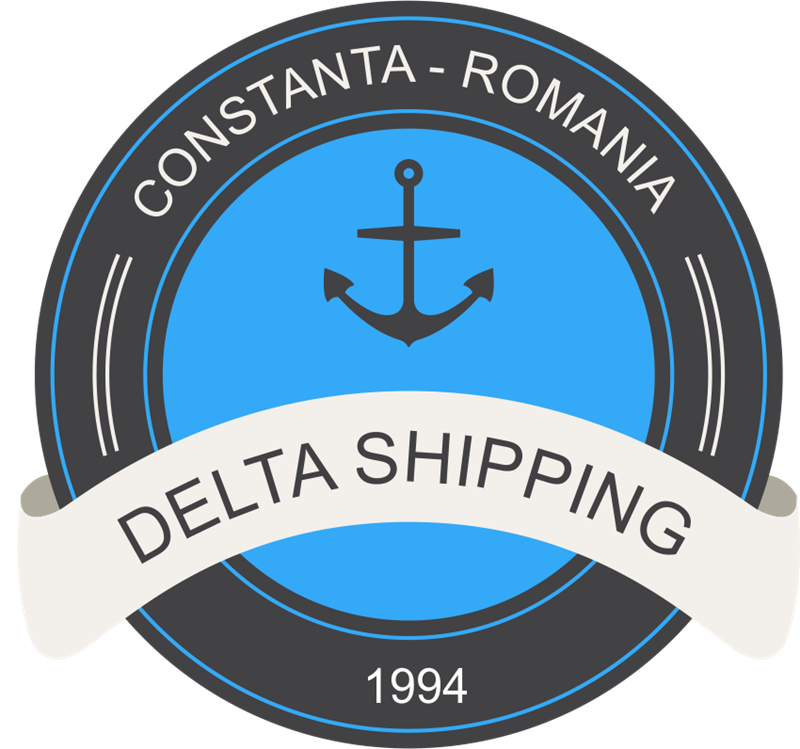
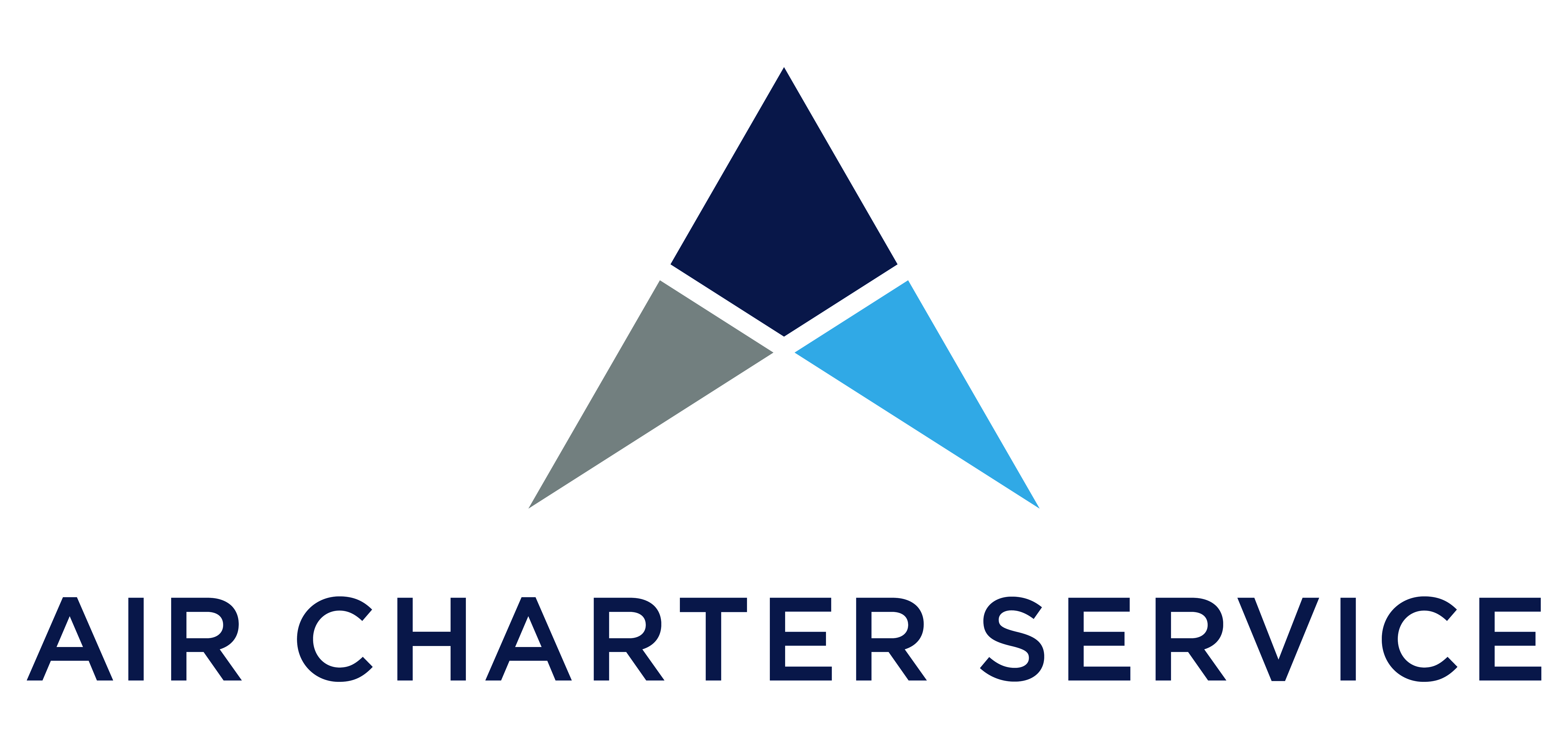

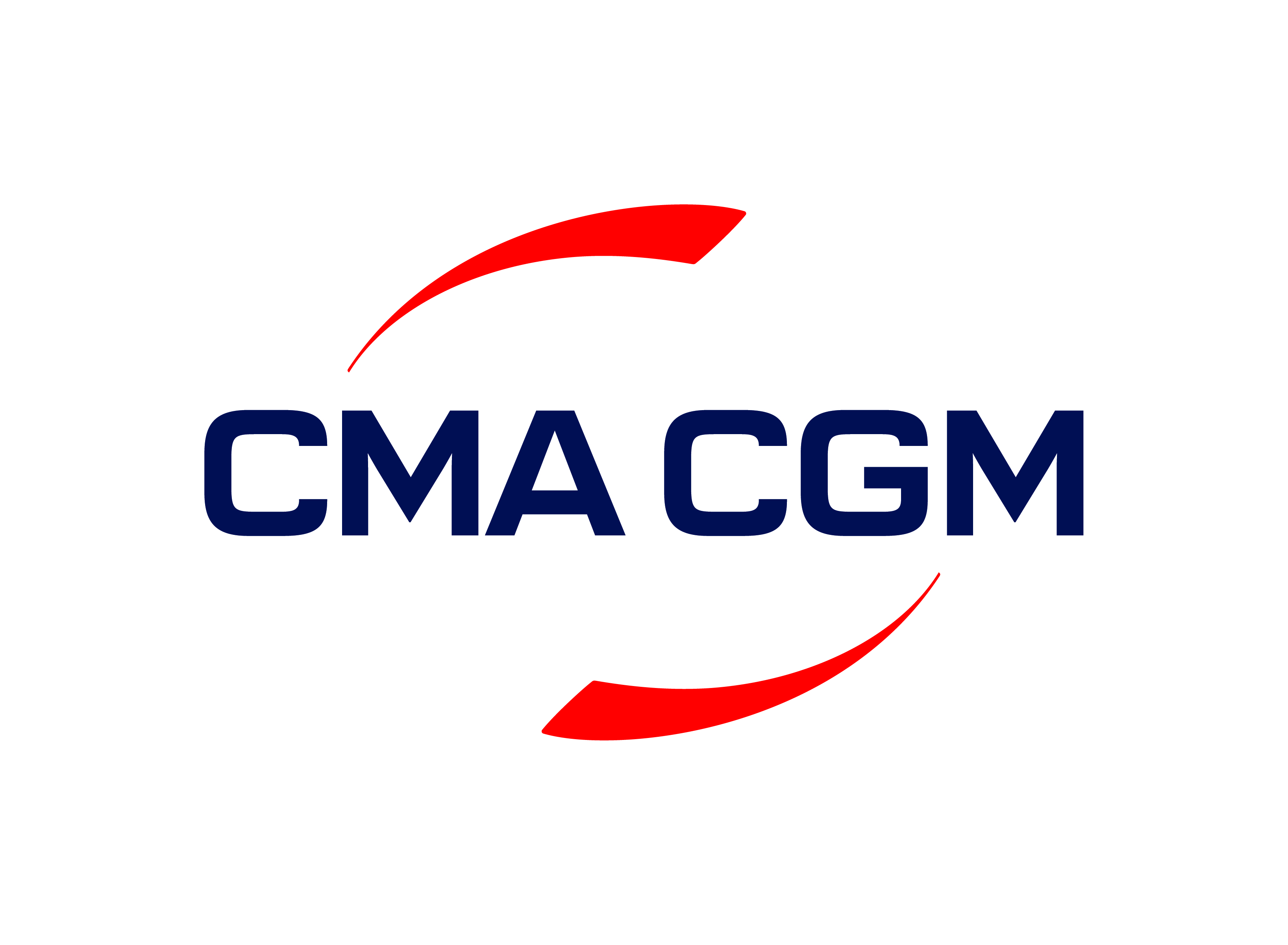
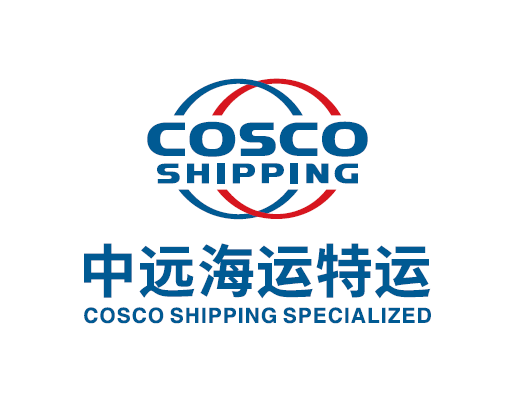


.png?ext=.png)


